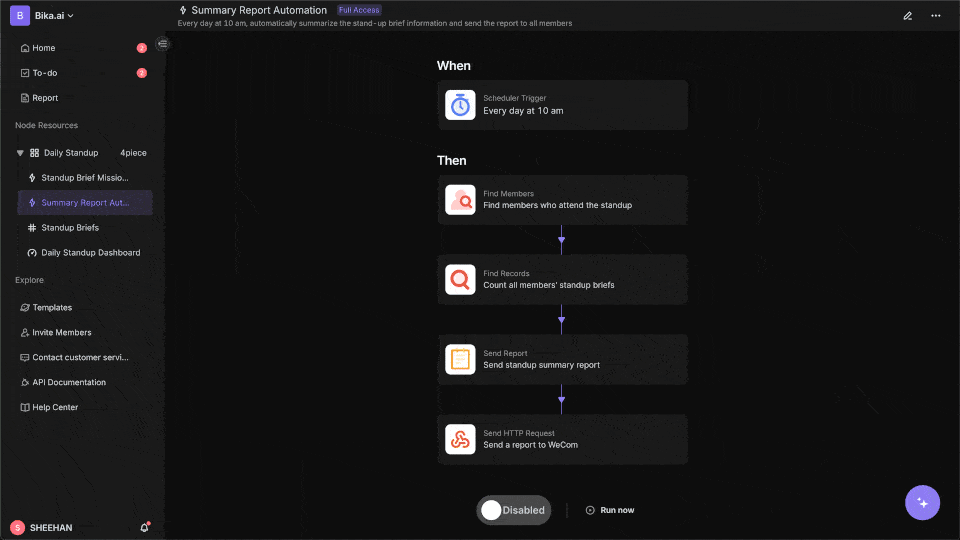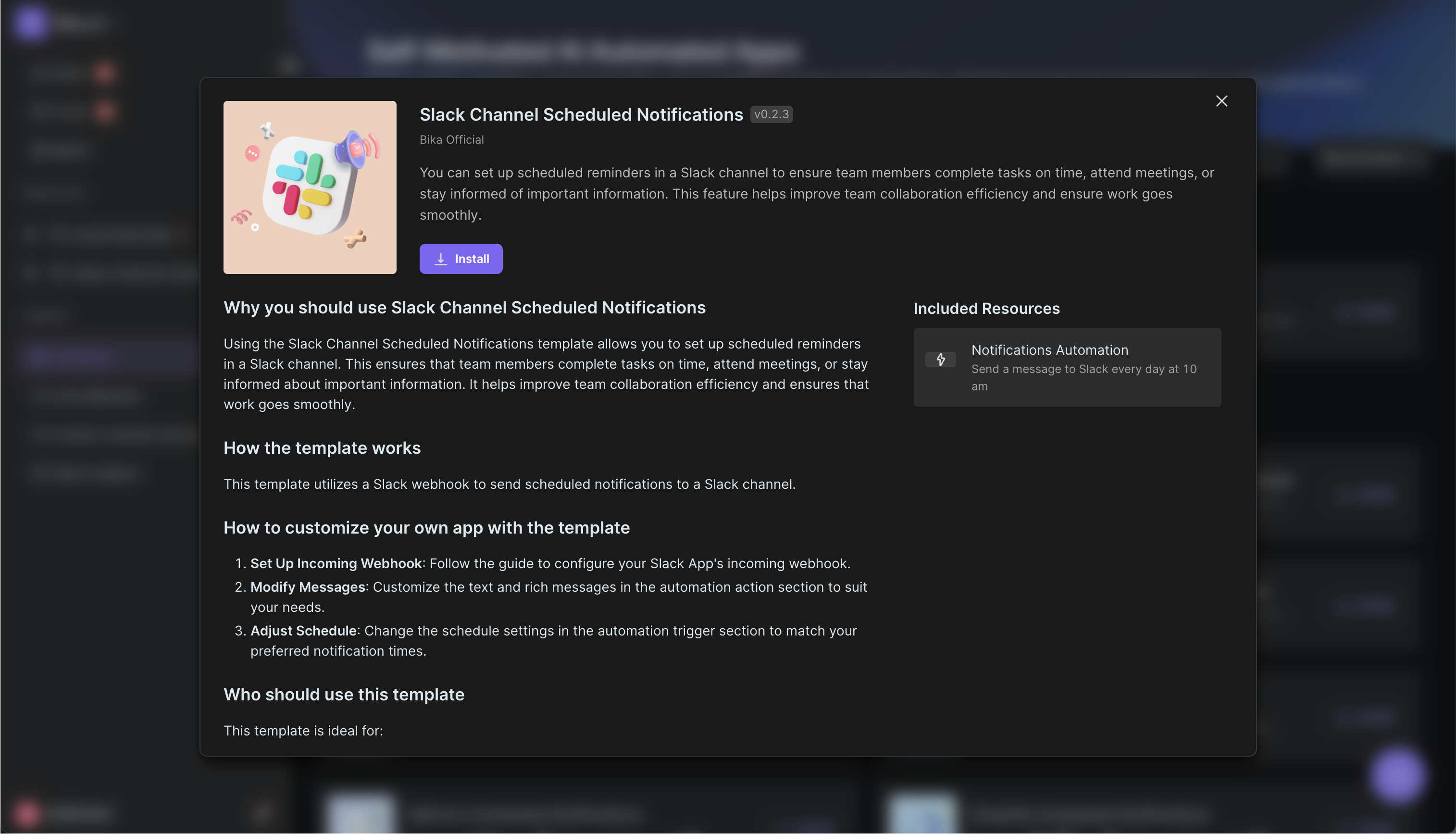
Top RSS Reader Picks for 2025: Your Guide to Smarter Content Curation & Advanced Automation
The Essential RSS Reader: Why You Need One in 2025
In 2025, the digital landscape is inundated with an overwhelming amount of information. From news articles and blog posts to industry reports, it's easy to feel buried under a mountain of data. This is where RSS (Really Simple Syndication) feeds and their corresponding readers come to the rescue.
An RSS feed is a standardized format that allows websites to publish summaries of their content, which can then be easily accessed by users. An RSS reader, on the other hand, is a tool that aggregates these feeds, presenting all your subscribed content in one convenient location.
The benefits of using an RSS reader are numerous. Firstly, it offers centralized updates. Instead of visiting multiple websites individually, you can have all your favorite content sources in one place. This not only saves time but also provides a more organized way to consume information. Secondly, RSS readers are free from algorithmic bias. Unlike social media platforms that curate content based on complex algorithms, RSS readers display content as it is published, giving you an unfiltered view. Thirdly, privacy is a significant advantage. Since you're not relying on social media platforms to deliver content, there's less data collection and tracking associated with using an RSS reader.
When looking for the best RSS reader, you want a tool that not only meets your basic needs but also offers additional features to enhance your information consumption experience.
:::: key-takeaways ::::
- RSS readers help combat information overload by centralizing content from multiple sources.
- They provide an unbiased and privacy - focused way to consume news and updates.
- Finding the best RSS reader involves considering factors like cost, platform availability, and advanced features. ::::
Our Picks for the Best RSS Reader Apps
In this section, we'll explore some of the top RSS reader applications available in 2025. These are curated based on their features, user - friendliness, and overall value.
Feedly
Feedly is a popular RSS reader known for its clean and intuitive interface. It's designed for users who want a simple yet powerful way to manage their content subscriptions. Feedly's core philosophy is to make information discovery and consumption seamless. It's an excellent choice for busy professionals, students, and anyone who wants to stay updated on a wide range of topics.
Unique Features and Pros:
- Customizable Layout: Feedly offers a variety of layout options, allowing you to arrange your feeds and articles in a way that suits your reading style. Whether you prefer a magazine - like view or a more traditional list view, Feedly has you covered.
- Content Categorization: You can easily categorize your feeds into different folders, making it simple to organize and access specific types of content. For example, you can have one folder for business news, another for tech blogs, and so on.
- Mobile and Web Sync: Feedly syncs your data across all your devices, ensuring that you can pick up right where you left off, whether you're on your desktop, tablet, or smartphone.
Cons or Limitations:
- Some users may find that the free version has limited features compared to the paid plans. For instance, advanced content filtering and integration options are only available in the premium versions.
NewsBlur
NewsBlur is a feature - rich RSS reader that caters to power users who want a high - level of control over their content. It emphasizes community - driven features and personalization. NewsBlur is ideal for those who are passionate about following niche topics, as it allows you to discover new feeds based on what other users with similar interests are reading.
Unique Features and Pros:
- Social Reading: NewsBlur has a social aspect where you can follow other users, see what they're reading, and even share articles. This can be a great way to discover new and interesting content that you might not have found on your own.
- Article Saving and Offline Reading: You can save articles for offline reading, which is handy when you're on the go and don't have access to the internet. Additionally, NewsBlur offers a read - later feature, similar to Pocket or Instapaper.
- Powerful Filtering: It provides advanced filtering options, allowing you to sort and display articles based on various criteria such as keywords, author, or source.
Cons or Limitations:
- The interface can seem a bit overwhelming for new users due to the large number of features and options available.
Inoreader
Inoreader is a comprehensive RSS reader that offers a wide range of features for both casual and advanced users. It focuses on providing a complete solution for content management, with a strong emphasis on productivity. Inoreader is suitable for professionals who need to manage a large number of feeds and stay on top of industry news.
Unique Features and Pros:
- Advanced Search: Inoreader has a powerful search function that allows you to quickly find specific articles within your feeds. You can search by keywords, date, author, and more, making it easy to retrieve relevant information.
- Integration with Other Tools: It integrates well with popular productivity tools such as Evernote, Pocket, and Zapier. This means you can easily send articles to your note - taking app or automate tasks based on the content you read.
- RSS to Email: Inoreader can send you daily or weekly digests of your favorite feeds via email, which is convenient if you prefer to read your content in your inbox.
Cons or Limitations:
- The free version has a limit on the number of feeds you can subscribe to, which may be a drawback for users with a large number of content sources.
Choosing Your Best RSS Reader: Factors to Consider
Selecting the best RSS reader for your needs requires careful consideration of several factors.
Cost: Many RSS readers offer a free version with basic functionality, while premium plans unlock additional features. If you're on a tight budget, the free versions of Feedly, NewsBlur, and Inoreader can still provide a good experience. However, if you need advanced features like unlimited feeds, enhanced filtering, or better integration options, you may need to invest in a paid plan.
Platform Availability: Consider where you'll be using the RSS reader. If you're mainly on your desktop, a web - based reader like Feedly or Inoreader may be sufficient. But if you're often on the go, make sure the reader has a well - designed mobile app. Feedly, NewsBlur, and Inoreader all offer mobile apps for both iOS and Android, ensuring seamless access across devices.
Integration with Other Tools: If you rely on other productivity tools such as note - taking apps, project management software, or email clients, look for an RSS reader that can integrate with them. For example, Inoreader's integration with Evernote allows you to save articles directly to your Evernote notebooks for later reference.
Advanced Features: Think about what advanced features are important to you. If you need to filter articles based on specific criteria, NewsBlur's powerful filtering options might be a selling point. If search functionality is crucial, Inoreader's advanced search feature could make it the best RSS reader for you.
User Interface Preference: The user interface can greatly impact your experience. Some users prefer a clean and simple interface like Feedly's, while others may like the more feature - packed interface of NewsBlur. Take some time to explore the interfaces of different readers to see which one feels most comfortable to use.
Elevating RSS: Information Consolidation and Content Utilization with Automation
So far, we've focused on how to choose the best RSS reader for consuming information. However, the real power of RSS can be unleashed when combined with automation.
While RSS readers are great for aggregating and reading content, automation takes it to the next level. Automated information consolidation means that instead of just reading an article, you can send it directly to other applications. For example, you can send relevant industry news articles to your CRM system, where they can be used to inform sales strategies. Or, you can send interesting blog posts to your note - taking app for future reference.
Proactive content utilization involves taking action based on the content in your RSS feeds. You could set up rules to trigger actions when certain keywords are found in an article. For instance, if an article mentions a competitor's new product launch, you could automatically send a notification to your team. You could also use auto - summarization tools to quickly get the gist of long articles, or distribute relevant news to team channels in real - time.
Bika.ai is a powerful platform that enables you to integrate your RSS reader feeds with your broader digital workflow. It provides the tools and infrastructure to create complex automation scenarios, turning passive reading into actionable intelligence.

Automating Your Workflow: The Bika.ai Competition Management Template for ``
The Competition Management template on Bika.ai is a prime example of how RSS - driven automation can be applied in a real - world scenario. This template is designed for event organizers, participants, and reviewers involved in various types of competitions, such as entrepreneurship competitions.
Purpose and Suitable Users:
- Event Organizers: The template enables end - to - end digital management of competitions. It covers core processes like registration, review, and data monitoring. Sports committees, academic competition hosts, and corporate event teams can benefit from this as it helps achieve efficient event operations. For example, in an entrepreneurship competition, organizers can manage all aspects of the event from a single platform.
- Participants/Teams: They can conveniently submit their information and receive real - time updates. This ensures that they don't miss any critical notices, such as changes in the competition schedule or important guidelines.
- Reviewers: The template provides standardized tools for reviewers to score works efficiently. It reduces formatting time and allows them to focus on the quality evaluation of the submissions.
Functionality and How It Addresses Information Management Challenges:
- Registration: The template supports multilingual registration forms, which is great for international event organizers. For example, in a global entrepreneurship competition, participants from different regions can register using forms in their preferred language (e.g., Chinese/English). When participants submit applications, the system automatically sends confirmation emails, including important details like the organization name, schedule, and organizer contact info. It also alerts organizer team leaders via multiple channels such as Feishu, DingTalk, or email. This automation ensures that all relevant parties are informed promptly, reducing the risk of information omission.
- Submission and Database: Participants can submit their personal/team information, project descriptions, and work attachments through forms embedded on various platforms like WeChat official accounts or event websites. All this information is stored in a database, providing a centralized location for organizers to manage and access data.
- Preliminary Review: In fairness - oriented academic competitions or entrepreneurship contests, the template implements blind review modes. Reviewers access anonymized works in the "Preliminary Review" list, with only work IDs and content visible. This ensures impartiality in the review process. Additionally, scoring record tracking is available, which helps in maintaining a traceable review process and minimizing dispute risks.
- Dashboard: The dashboard dynamically visualizes key metrics such as registration numbers, regional distribution, work type ratios, and score statistics. This allows organizers to track real - time dynamics and make data - driven decisions. For example, in an entrepreneurship competition, organizers can see which regions have the most participants or what types of projects are most popular.
Examples of Automation for Information Consolidation and Content Utilization:
- For
创业比赛管理(entrepreneurship competition management), the template automates tasks like参赛者报名(participant registration),参赛者数据收集(participant data collection),参赛者通知(participant notification),比赛评审打分(competition review scoring), and邮件自动化通知(automated email notifications). When a participant registers, the system automatically sends an email confirmation, consolidating information for the participant. Reviewers' scores are automatically recorded in the database, which can be used for further analysis, thus utilizing the content of the registration and review processes.
This template enhances the value of any RSS reader by making the information actionable. For example, if an RSS feed provides updates on industry trends relevant to the competition, organizers can use Bika.ai to integrate this information into their competition management workflow. They could set up rules to notify participants if a new trend might impact their submissions or use the information to adjust the review criteria.

Try the Competition Management Template
Conclusion: Unlock Your Full Information Potential
In conclusion, RSS readers are invaluable tools in 2025 for managing the vast amount of information available online. By choosing the best RSS reader for your needs, you can streamline your information consumption and stay updated without the clutter.
However, the real power lies in taking that information and making it work for you. Through automation, specifically with platforms like Bika.ai and its Competition Management template, you can move from passive reading to active information consolidation and content utilization.
Bika.ai empowers users to maximize the value of their chosen RSS reader by integrating it into their broader digital workflows. Whether you're an event organizer, a participant, or a reviewer, Bika.ai's automation capabilities can enhance your productivity and efficiency.
We encourage you to explore Bika.ai for automating workflows that support your personal and professional information management.
FAQ
Q: What are the main benefits of using an RSS reader? A: The main benefits include centralized updates, freedom from algorithmic bias, and enhanced privacy. RSS readers aggregate content from multiple sources in one place, show content as it's published without algorithmic filtering, and involve less data collection compared to social media platforms.
Q: How can I choose the best RSS reader for my needs? A: Consider factors such as cost (free vs. paid), platform availability (web, desktop, mobile), integration with other tools, advanced features (article filtering, read - later integration, search), and user interface preference. Evaluate these based on your specific requirements, like whether you need to manage a large number of feeds or integrate with note - taking apps.
Q: How does the Bika.ai Competition Management template help in information management?
A: The template helps in information management by automating core competition processes. It manages registration, review, and data monitoring. It sends automated notifications to participants and organizers, stores all relevant data in a database, and provides a dashboard for real - time analytics. This reduces manual management costs and the risk of information omission, ensuring fairness and transparency in the competition.

Recommend Reading
- Elevate Your Presentations: The Best Presentation Software Alternatives to PowerPoint in 2025
- Choosing the Right AI Content Detector: A 2025 Comparison of Top Tools
- Elevate Your Presentations: Top Presentation Software Alternatives to PowerPoint in 2025
- Top RSS Reader Picks for 2025: Your Guide to Smarter Content Curation & Advanced Automation
- Elevate Your Presentations: The Best Presentation Software Alternatives to PowerPoint in 2025
Recommend AI Automation Templates








